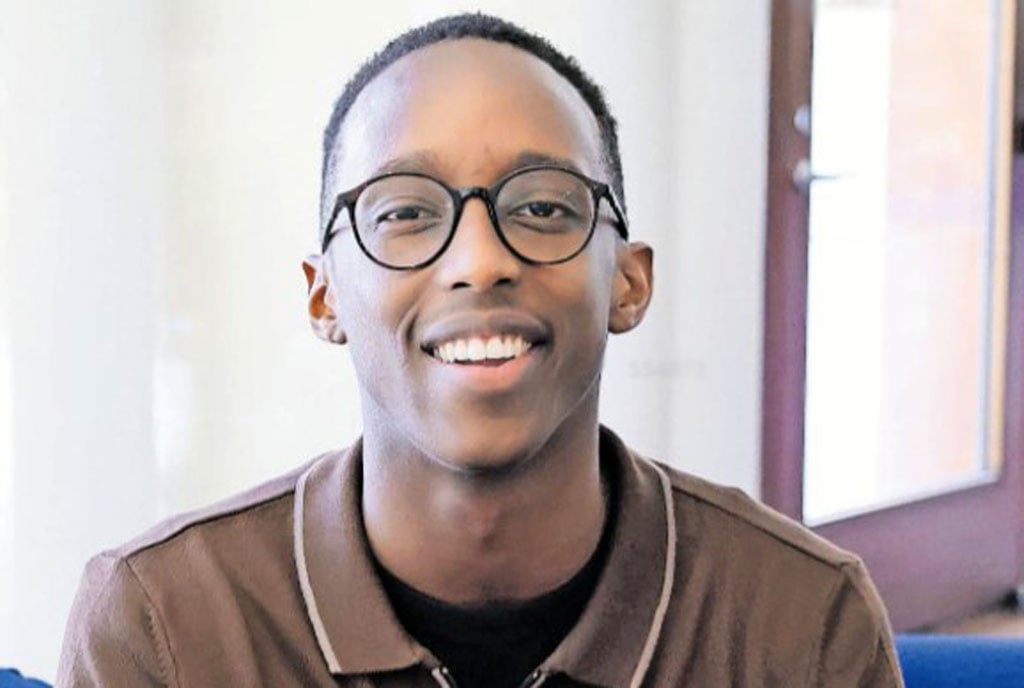Prime
Access to finance is inspiring rice farmers

What you need to know:
- Kisuuli is one of the 35 members of a village savings and cooperative group called Agali Awamu Multi-purpose Association in Idinda, Namalemba Sub-County in Bugwere District.
Five years ago, Rose Kisuuli was a peasant farmer. In 2016, she harvested six bags and as they say, the rest is history. She is a happy farmer who can produce up to two tonnes of paddy every season.
Kisuuli is one of the 35 members of a village savings and cooperative group called Agali Awamu Multi-purpose Association in Idinda, Namalemba Sub-County in Bugwere District.
Idinda is a major rice growing area located in the Narigombwa Swamp System. Bugwere is one of the newly created districts carved out of Iganga in 2018. Here, almost every family depends on agriculture for food and income.
Initially, Kisuuli was not a rice farmer and only grew crops for home consumption. In 2016, she joined the group and her initial harvest was five bags. It was little yet it was to change her perception of agriculture forever.
“I started looking at farming as a business because when I sold that rice I remained with some money to take care of home prioritise,” Kisuuli says.
With guidance from other members, in 2017, she harvested six bags of paddy rice while last season, she had 16 bags from her one and half acre piece of land.“It helps to belong to a farmer’s group,” Kisuuli, who has bought a milking cow to supplement her income, says. “Everyone is your keeper and they get concerned when you get low yields.,” she notes.
Credit access
Rice farmers across the country face a spectrum of challenges including access to financial services, markets as well as quality inputs. As a consequence, farmers groups are forced to make weekly contributions which they lend to members depending on their savings.
The proliferation of village savings groups remains a key driver of financial inclusion in Uganda, most especially women and farmers. But the loans acquired from these groups are most times for rescue towards more pressing factors especially sickness or children’s school fees. Little is invested in the farming enterprises.
Kisuuli actually says the money from savings was never enough and most farmers ended up acquiring loans from businessmen at a higher cost.
“They [businessmen] would advance money to you but end up paying as low as Shs70,000 for a bag of paddy rice even when it would have fetched double that money. It was so frustrating and at times some farmers struggled to pay back loans,” she explains.
In her group, they share information on good agricultural practices with an aim of increasing yields and income.
To help Kisuuli and other farmers in eastern region, the International Fertiliser Development Centre (IFDC), initiated a tripartite arrangement linking farmers to the Microfinance Support Centre (MSC) to offer capital that would enable farmers do primary production at an interest rate of one per cent while Diners Rice Company would buy the produced rice.
IFDC would further facilitate field workers to teach farmers about good agronomic practices, water management, food security and postharvest handling, among others.
Active and strong farmers’ groups have been taught about the sustainability of their enterprises, something that benefits the whole rice value chain.
Victor Ojeda, the zonal manager of MSC in charge of Bugisu, Bukedi, and Sebei, says they have now availed Shs329m amounting to 16 loans since 2018 and expect to give 21 more groups this quarter ahead of the planting season Shs640m.
“This could have been more but during Covid-19, there was a reduction of farmers’ group activities. The demand for money is there but it did not match the activity. There would have been diversion if we had given out the money during the pandemic,” Ojeda says.
He explains that groups work well for now, especially in eastern Uganda where the customary land tenure system of clan ownership deprives especially women of land rights. To access credit, the women had to use their side businesses as collateral.
Most of the farmers in the area end up renting land which averages Shs200,000 to Shs350,000 per season depending on the fertility of the land.
“Group credit is working for us because the repayment rate is at 98 per cent which is higher than the secured loans offered by most financial institutions,” he adds.
The primary role of IFDC in this arrangement is to strengthen the farmers’ groups so that they can reach their full potential with improved financial capability and business skills.
By providing the farmers with training and money management mechanisms, IFDC wants to ensure that when the ‘Resilient Efficient Agribusiness Chains (Reach) project expires, farmers can be on a secure path.
The Reach project, which focuses on rice and potato, is funded by the Embassy of the Kingdom of Netherlands in Uganda. It has been implemented in 20 districts in South west and eastern Uganda with the aim of improving market systems for smallholder market-oriented farmers by strengthening household resilience and availing support services for farmers and agri-businesses.
Apart from the obvious benefits that have seen rice production rise from 50 metric tonnes (MT) five years ago to 350,000MT, Ronald Lemo, the IFDC regional coordinator for eastern Uganda, says the results are overwhelming.
“The awareness created on agronomic practices have visible results. More farmers are using hybrid seeds especially in Budaka, Tademeri, Lyama and Bugiri and we are now empowering them to stop selling unshelled rice and learn how to grade in order to fetch higher prices,” Lemo says.




